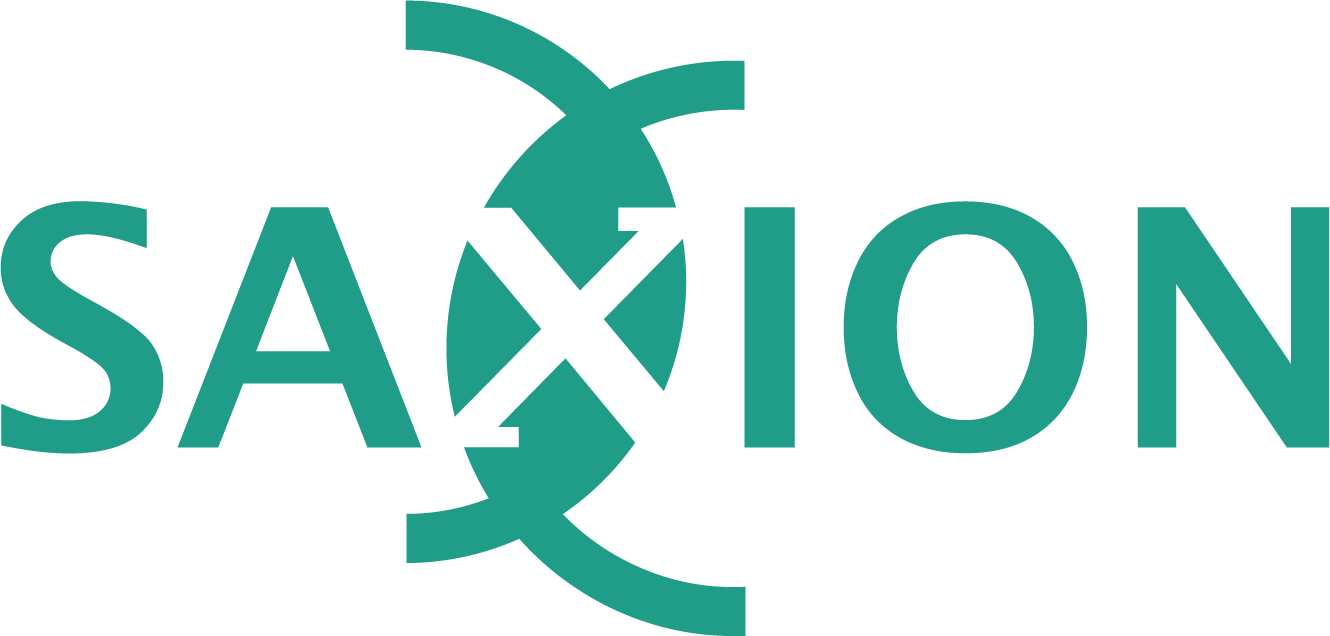In addition to the frequently heard motive that it is the social role of publicly funded educational institutions to share and disseminate knowledge, Open Educational Resources are of interest for both instructors and students for a number of reasons.
For instructors, Open Educational Resources can be an efficient way to (re)develop education. Since OERs are freely available and may be used, revised and remixed it can easily be used so that you haven’t got to developed new resources from scratch. It can be especially of relevance if courses must be adapted to blended or online learning. Which OER are already available within your subject? And do these resources need to be revised to align with your learning objectives? Since OER can be edited and mixed, you can adapt the materials to your context, add or combine it with current resources, or opt, for example, to include only a single chapter in your course.
For students, OER can contribute to study success by providing students with resources that scaffold them in their learning, either to eliminate deficiencies or to explore certain topics in-depth. Open education can also lead to cost savings. Where commercial books are still used for most of the courses, it is interesting to investigate the possibilities of open textbooks.
For more information, see SURF’s Introduction to Open Educational Resources.
